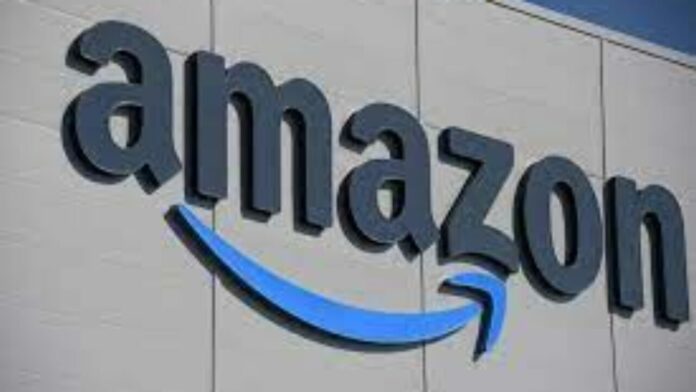The majority of the Federal Trade Commission’s (FTC) landmark antitrust lawsuit against Amazon will proceed, a Washington federal judge ruled, dismissing only a few state-law claims from the 20-count complaint. The suit, which challenges Amazon’s monopolistic pricing practices, continues to press forward with accusations that the retail giant has stifled competition and inflated prices.
FTC Amazon Monopolization Suit : Judge Clears Core Claims for Trial
U.S. District Judge John H. Chun, in a recently unsealed opinion, upheld the bulk of the FTC’s case, which alleges Amazon’s practices violate the Sherman Act and various state antitrust laws. The complaint, filed by the FTC, 18 state attorneys general, and Puerto Rico, claims Amazon forces sellers to use its expensive fulfillment services and deters them from offering lower prices elsewhere. The court ruled these claims, which implicate Amazon’s price-setting and fulfillment requirements, plausibly suggest monopolistic behavior.
Judge Chun also upheld allegations regarding Amazon’s use of an algorithm, known as “Project Nessie,” designed to artificially raise prices across multiple marketplaces, rejecting Amazon’s argument that such practices fall outside the court’s jurisdiction.
Limited Claims Dismissed
While most of the FTC’s claims were allowed to proceed, Judge Chun dismissed a few state-law claims. Monopolization claims under Pennsylvania’s common law and Maryland’s antitrust statute were dismissed for requiring in-state economic effects and horizontal agreements, which were not sufficiently alleged. Additionally, the judge dismissed consumer fraud claims from New Jersey and Pennsylvania, noting that Amazon’s broad statements about being customer-friendly did not rise to the level of consumer deception.
FTC Amazon Monopolization Suit : FTC and Amazon React
Following the ruling, FTC spokesperson Douglas Farrar said the agency is “pleased with the court’s decision” and looks forward to the trial, emphasizing that the case seeks to challenge Amazon’s monopolistic practices and restore competition in the marketplace. Amazon, however, remains confident the claims will not hold up in court. Spokesperson Tim Doyle noted that Amazon’s practices benefit competition, consumers, and small businesses, and criticized the FTC’s approach as counterproductive.
Looking Ahead to Trial
The case is expected to head to trial in 2026, where it will be divided into separate phases for liability and remedies. Judge Chun’s ruling means Amazon will now face scrutiny over whether its practices unfairly limit competition and harm both consumers and third-party sellers. The outcome of the case could have far-reaching implications for antitrust enforcement in the tech and retail sectors.



